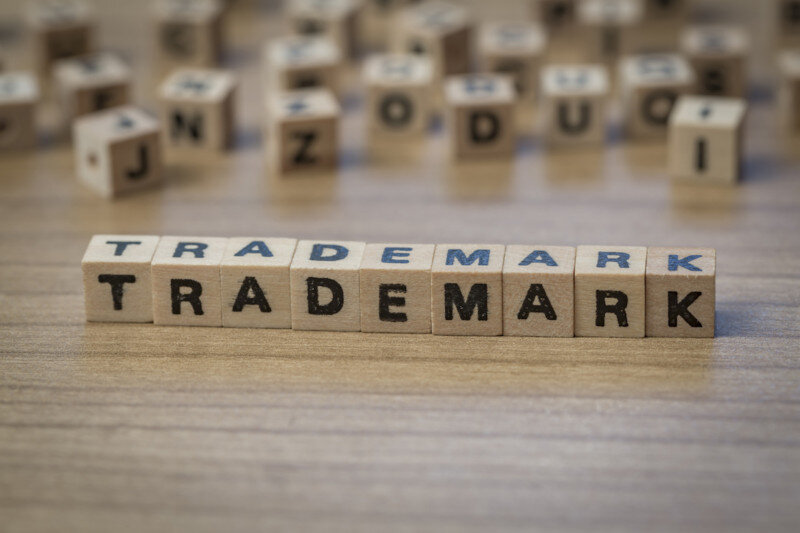You probably didn’t come up with the perfect business or product name overnight. Most likely, you brainstormed. You sought the advice of colleagues and friends. You tested out a few options, and checked what domain names were available. In short, you’ve invested a lot of time to create and build the brand.
How well are you protecting this valuable asset? Do you know if you’re legally allowed to use the name you picked, and what will prevent someone else from using the same name?
Whether you just launched a business, have been running one for years, or are considering starting a new venture, there’s always more to learn.
What you need to know about trademarks and branding
What is a trademark?
Let’s start at the beginning. A trademark is a word, phrase, symbol or design (or a combination of any of these) that identifies the source of a product or service and distinguishes it from competitors. Trademarks can be given for product names, company names, logos, and taglines.
Let’s use Nike as an example. “Nike”, the Nike swoosh design, and “Just Do It” are all trademarks owned by Nike to distinguish their products. But keep in mind, that trademark protection typically applies to a particular category of goods and services. In Nike’s case, these are athletic companies, sporting goods, clothing, shoes, etc. That’s why there’s also a Nike Corporation that’s involved in hydraulic jacks and industrial machinery.
Do you need a trademark?
One of the most commonly misunderstood aspects of trademark law is you don’t actually have to officially register a trademark with USPTO (US Patent and Trademark Office). If your company creates a brand new logo or name, you essentially have “common law” rights from the first time the name or logo is used in commerce. You can even attach the TM symbol by it.
However, if you register a trademark with the USPTO, you’re going to have much stronger brand protection compared to common law rights.
What are the benefits of registering a trademark?
By registering for U.S. Federal Trademark protection, you’ll be eligible for several benefits, including:
- Treble damages in some cases where another company infringes on your mark
- The right to use ® in your trademark (instead of just TM)
- A streamlined process for securing your domains and usernames at social sites like Facebook, Twitter, and YouTube
- Significantly stronger protection than ‘common law’ (aka. unregistered) marks.
- This can make it much easier to recover your property, let’s say if someone happens to use your company name as their Twitter handle.
I’ve already registered my name with the state. Do I still need a trademark?
When you incorporate, form an LLC, or file a DBA (Doing Business As) for your new business, this process registers your business name with your state’s secretary of state. Before approving your application, the state checks that your name is distinguishable from all other business names registered in the state. Once your application is approved, the business name is yours, and yours alone, to use within the state. This protects anyone else from using your name within your state, but it doesn’t offer any kind of protection in the other 49 states.
Let’s say you’ve started a business that’s physically tied to your state (like a restaurant) and you have no plans on expanding to another state. In this case, registering your business name with the state (either through a legal formation like an LLC or Corp or getting a DBA) is probably enough brand protection for you. However, if you’re planning on conducting business outside your own state, then you should look into trademark protection with the USPTO.
How can I tell if a name is available for me to use?
In addition to wanting to protect your own branding, you need to be careful to make sure you’re not infringing on a name that’s already in use by someone else. You should conduct a free trademark search to make sure the name you want to use isn’t already registered by another business.
How do I register a trademark (and how much does it cost)?
You register a trademark with the USPTO: you can either file directly with them or have a legal filing service handle it for you. Application fees are approximately $325 per class and it can take anywhere from 6-12 months once you submit your application.
You should always do a trademark search before you start the trademark application process. If your proposed name isn’t available, your application will be rejected (and you won’t get a refund on your application fees).
While registering a trademark costs a little more and is more involved than registering a name with the state, your brand will be protected by both the federal and state governments.





